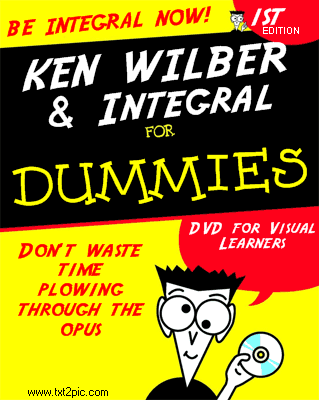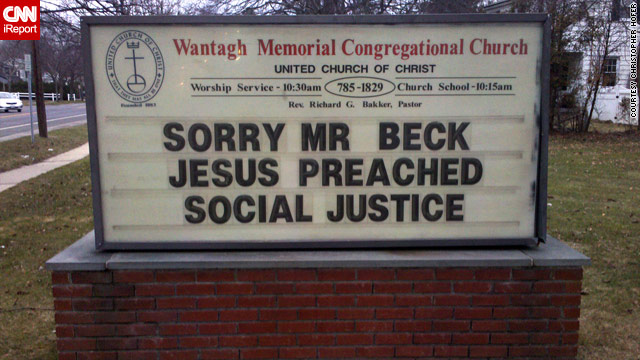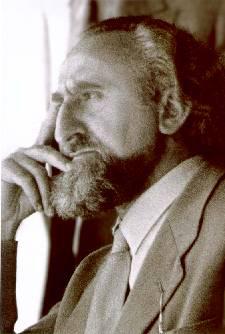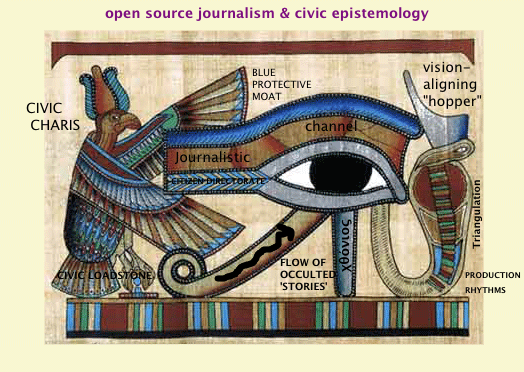
Term it the Observer Paradigm.
It’s multiplying.
Fathership: Lakewood Observer Lakewood, Ohio
Progeny:
The Heights Observer Cleveland & University Heights, ohio
Parma Observer Parma, Ohio
Collinwood Observer Collinwood in Cleveland, Ohio
Euclid Observer Euclid, Ohio
soon (?)
University Circle Observer, University Circle in Cleveland, ohio
This new vision of time and space, which will be the theoretical
basis of future constructions, is still imprecise and will
remain so until experimentation with patterns of behavior has
taken place in cities specifically established for this purpose,
cities assembling–in addition to the facilities necessary for
basic comfort and security–buildings charged with evocative
power, symbolic edifices representing desires, forces and
events, past, present and to come. A rational extension of the
old religious systems, of old tales, and above all of
psychoanalysis, into architectural expression becomes more and
more urgent as all the reasons for becoming impassioned disappear.
Formulary for a New Urbanism (Formulary for a New Urbanism . Gilles Ivain
Internationale Situationniste/ #1 1953)
(Okay, maybe not so much the psychoanalytic part…)
Better: “Residency on the ley line allows for “the vertical circuit termed “intuition” to walk-in, drop-in to the epiphanic foot traffic, which pedals the metals of electric mojo circuits plugged into water mark.” (KW. March 2005)
urban poetics
Urban Poetics isn’t intended to be straightforward. It’s intended to be curved out of time. That there is a place right now for an imaginal apprehension of an urban lifeworld has to do with a practical exemplification of culmination. This reflects a concrete tale. The tale begins with a fifty and fifty-one; a meeting of 101 years. A meeting drums-in-hand around the fire dancer with the snake dancing underneath. There is in all of this the necessary memetic triangulation.The thrust of the begun urban poetics is initiated in a dialogical dao. The glossary refines terms and new ways of transmitting spontaneous intuitions about living in the spiral domains of Lakewood and the cosmos. Seers and Sirians envelops longer effusians and miscellanies. Sound breeches wail collages of communal, civic, concrescent, oceanic audio.
Urban poetics is aimed to surprise and trigger evocative consternation. Here the eonic Lakewood teaching story is comprised and busted through the waves. ( from a draft of the never instituted Visionary Alignment Blog. circa 2006)

Situationist tribal poetics.
18: Ken explains it to Puck; kind of…
[Another party is in progress. It’s costume party. To the side of a stocked buffet, are a man dressed in a Bishop’s frock with cap, and a man in a brown rabbit suit, with the head held under his arm. The party is in full swing.]
Puck: I’m worried about him. The play seems headed to overload. We’ve instantiated a matrical lens;
stability-mastery; individuality-belonging being one such lens.Ken: Let’s just say the he is on the throne. The Virgin Dirt Bag of Reason tries to dethrone him, each production time, no less, with skeptical probes into the city’s faith in the virtue of its underpart – the brand. The Virgin Dirt Bag of Reason persists in trying to subvert influence of Charis’s passion for the city into the critical circuit of Carthage.
Puck: Sure, I get it. It’s like Burroughs. You know the quote, “Animals talk. They don’t write. Now a wise old rat may know a lot about traps and poison but he cannot write a text book on DEATH TRAPS IN YOUR WAREHOUSE for the Reader’s Digest with tactics for ganging up on digs and ferrets and taking care of wise guys who stuff steel wool up our holes.”
Ken: Yes, consider this. Life conditions are, indeed, changing, here and elsewhere, some for better, others for worser. As life conditions change one meme cannot be co-opted by another’s message and playbook. Transcend and include is generally recommended. Easier said than done. To do so consciously and avoid blind spots is risky and near impossible.
Puck: He’s in a fix. The deep point of creative destruction and re-sanctification–besides realism cognizing the mysterium; being obedient–is, as you know, one can’t skip the steps the natural order and its aspirations.
Ken: Right-o! A dictator may be neither necessary nor necessarily deposed by the old hippie guard. But history is filled with cries of betrayal. That’s the reality of life on the planet of the apes. Every action is an OP from the horizon of psyche and politics which just doesn’t go away.
Puck: Basically…self-evident, right? But I wonder if Bear can take much more. He’s more than popular. Too popular. I’m…worried.
Ken: Why worry? The mandarin has no skin in the game of the chthonic conservative ta’wil that pushes back from the black hole of consciousness. All will be well. The worm turns…
Puck: Okay…alright, I get that…sure. I believe it is so, so I believe the fact of churn is the wolf in the bathroom. We might gently pull at the different threads but we would be re-raveling too: the indira web of the odyssey. For me it’s auspicious mutual collusion as you say joking the cosmic mean.
Ken: Yeah, the perception of negativity isn’t anything but a correct inference made from my push back. That it’s fleshed out incorrectly isn’t surprising. You avoid this so I’m interested –always– in your counsel, kimmosabe. After all, the second and third order strategic locus comes about when we animate.
from unpublished or produced screenplay, Tao Job.
Making a difference in the civic space using language is difficult. For one thing, in the experiential recipe is Shadow, and, in its transmutation to letter there is descriptive cloaking.
The standard notion of the way fantasy works within ideology is that of a fantasy-scenario which obfuscates the true horror of a situation: instead of a full rendering of the antagonisms which traverse our society, we indulge in the notion of society as an organic Whole, kept together by forces of solidarity and co-operation … Here also, however, it is much more productive to look for this notion of fantasy where one would not expect to find if in marginal and, again, apparently purely utilitarian situations. Let us simply recall the safety instructions prior to the takeoff of an aeroplane – are they not sustained by a phantasmic scenario of how a possible plane crash will look? After a gentle landing on water (miraculously, it is always supposed to happen on water!), each of the passengers puts on the life-jacket and, as on a beach toboggan, slides into the water and takes a swim, like a nice collective lagoon holiday experience under the guidance of an experienced swimming instructor. Is not this ‘gentrifying’ of a catastrophe (a nice soft landing, stewardesses in dance-like style graciously pointing towards the ‘Exit’ signs…) also ideology at its purest. (SLAVOJ ZIZEK, The Plague of Fantasies)
Walk into the fire? Follow the worry to its source?
Way back in 2005/06 I thought there could be a workaround. At the time, it seemed possible to send journalist researchers into the community and task them with the project of differentiating the tribal matrix, and its verticality (history) and householder horizons (survival strategies.) Then I tasked myself and then I fell off the stone!
It could of looked like this:
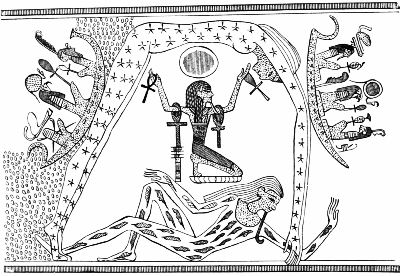
Now, so many years later, the impossible energies have been tamed and become procreative. Initial experiments in development,
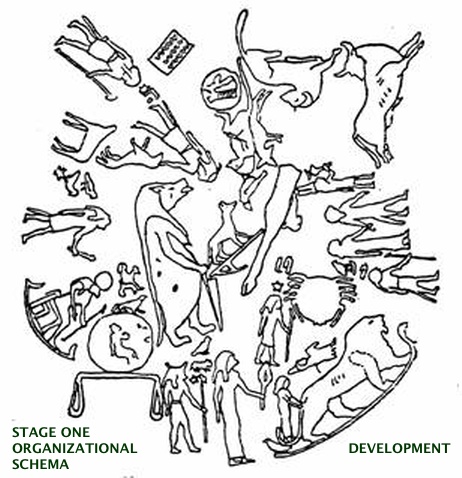
have become templated and scaleable.
The action, for me, is on the civic forums attached to the civic journalism. This has been replicated at The Height Observer, but not at the other Observer sites. I don’t know why. In the exchange of experience and affect and non-anonymous poetics the civic heart plugs into its sanguine flow.
Still, as the experiment multiplies, and this somewhat well kept secret sustains its pulse, the prospect for bottom-up civic coherence matures.


